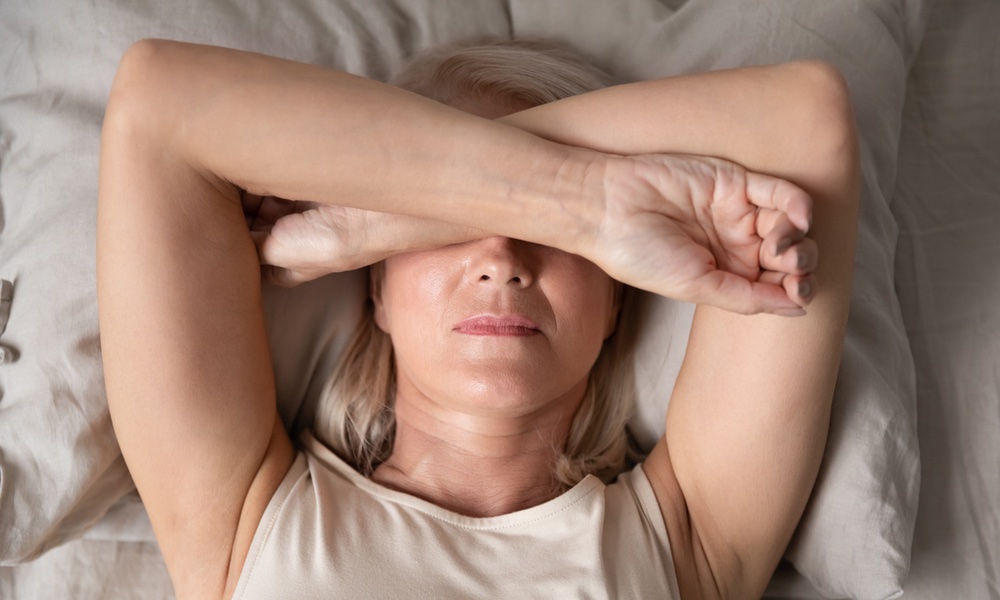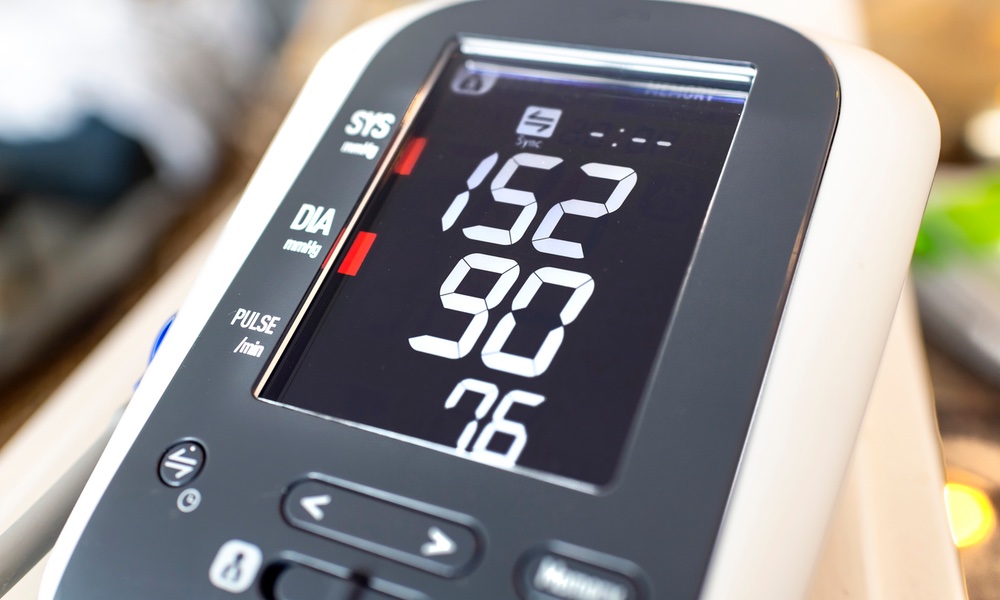Getting too little sleep increases the risk of a number of conditions including cardiovascular disease and hypertension. It also contributes to insufficient glucose metabolism, a condition that can eventually lead to insulin resistance and type 2 diabetes.
Many of the studies on insulin resistance and sleep have been done only in men, or they focused on short-term, severe sleep restriction; so researchers at Columbia University decided to look at the effect of mild sleep restriction in women.
They found that even minor reductions in sleep increases insulin resistance in otherwise healthy women, and it has an even bigger effect on postmenopausal women. Their findings highlight the importance of sufficient sleep for reducing the risk of type 2 diabetes, which develops when the body cannot effectively use insulin to maintain normal blood glucose levels.
“Women report poorer sleep than men, so understanding how sleep disturbances affect women's health throughout their lifespan is critical, especially for postmenopausal women,” Marishka Brown, director of the National Center on Sleep Disorder Research at the National Heart, Lung and Blood Institute (NHLBI), said in a statement.Once the women began sleeping seven to nine hours per night again, their insulin and blood sugar levels returned to normal.
Forty women between the ages of 20 and 75 years old participated in the study. They regularly got seven to nine hours of sleep per night and had normal fasting blood glucose levels. They had an increased risk for cardiometabolic conditions because they were overweight or obese or had a family history of type 2 diabetes, high levels of lipids in the blood or cardiovascular disease.
Prior to the start of the study, the women wore a wrist sensor for two weeks to record their sleep duration and usual sleep patterns. They also kept nightly sleep logs. The women then completed two phases of the study in random order. Each phase lasted six weeks, with six weeks between phases.
In the adequate sleep phase, the women maintained their usual bed and wake times. During this phase they slept for an average of 7.5 hours per night. In the sleep restriction phase, the women were asked to delay their bedtime by 1.5 hours, while continuing to wake up at their usual time. During sleep restriction, they slept for about 6.2 hours per night, which is the average sleep time of Americans with insufficient sleep.
At the beginning and end of each phase, the women took an oral glucose tolerance test to measure blood glucose and insulin levels and had an MRI to measure body composition. Restricting sleep increased insulin resistance by 14.8 percent among both pre- and postmenopausal women, and by as much as 20.1 percent among postmenopausal women.
Fasting insulin levels increased in premenopausal women in response to sleep restriction. In postmenopausal women, both fasting insulin levels and fasting blood glucose levels increased in response to restricted sleep.
The reason for this is that the body needs more insulin to stabilize blood glucose within a normal range when sleep is restricted, Marie-Pierre St-Onge, senior author on the study, told TheDoctor. Even then, the insulin may not have been able to stabilize rising blood glucose levels in postmenopausal women.
The researchers were a little surprised to see these findings even in those with mild sleep restriction, said St-Onge, an associate professor of nutritional medicine at Columbia University Vagelos College of Physicians and Surgeons. She added that, “If sleep restriction is sustained over time, it could accelerate the progression to type 2 diabetes in those with prediabetes who are not getting enough sleep.”
Effects on insulin resistance were not associated with changes in body weight. Once the women began sleeping seven to nine hours per night again, their insulin and blood sugar levels returned to normal.In the adequate sleep phase, the women maintained their usual bed and wake times and slept for an average of 7.5 hours a night. In the sleep restriction phase, they slept an average of six hours a night.
Going forward, St-Onge and her team want to know what happens if they try to improve sleep in those whose sleep is poor. “We have done work to see how bad sleep affects health, but it would be important to see if improving sleep in those who have poor sleep can have benefits for disease prevention,” she explained.
The study was funded by the National Heart, Lung and Blood Institute and the National Institute of Diabetes and Digestive and Kidney Diseases. It is published in Diabetes Care.





